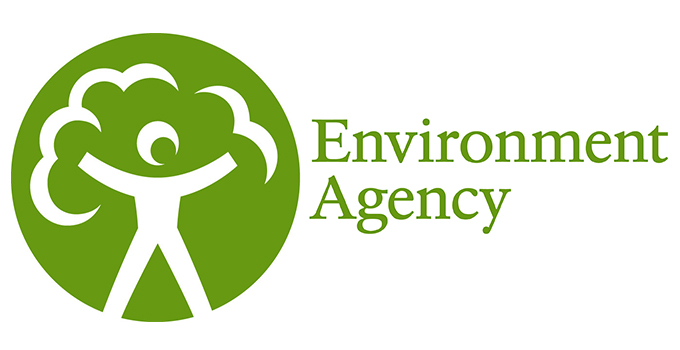From River to Research: Our Sampling Process
Waterways are at the heart of our project to tackle Antimicrobial Resistance (AMR). Through our sampling project, we aim to better understand where and how frequently AMR bacteria contaminate our waterways. By collecting and analysing water samples, we can track the spread of resistant bacteria and gather crucial data that can inform efforts to reduce water pollution and protect public health.
How the Sampling Process Works
Our river sampling project involves a coordinated effort between scientists and community volunteers. Here’s a step-by-step overview of how we collect and analyse water samples:
1. Collection
We invite citizen scientists to collect water samples at the locations they frequent along Nottinghamshire’s waterways. By sampling where they naturally access the water, volunteers help us gather diverse and representative data across the region’s rivers and streams. Whether participating in water-based activities or simply visiting local waterways, these efforts play a vital role in supporting this important initiative.
Citizen scientists can sign up here and will be provided with water sampling kits and easy-to-follow instructions.
2. Transportation
Once collected, the water samples are carefully transported to our laboratory facilities for testing. Ensuring the integrity of each sample is critical to obtaining accurate and reliable data on the presence of antibiotic resistant bacteria.
3. Laboratory Testing
In the lab, our team of researchers will conduct tests to detect the presence of E.coli, an indicator bacteria for faecal contamination, and to measure the proportion of E. coli that are resistant to commonly used antibiotics. This data helps us understand the extent of resistance to ‘risky bacteria’ in our local rivers.
4. Data Analysis and Modelling
Coming soon… We plan to analyse data from river samples to track resistant bacteria and identify antibiotic resistance hotspots across Nottinghamshire’s waterways. Each participant will receive a unique login to access:
- Individual Results: Details on E.coli levels and antibiotic resistance in their sample.
- Catchment Insights: Broader trends across the river system.
We aim to share key findings with the Environment Agency to support antibiotic resistance prevention.


